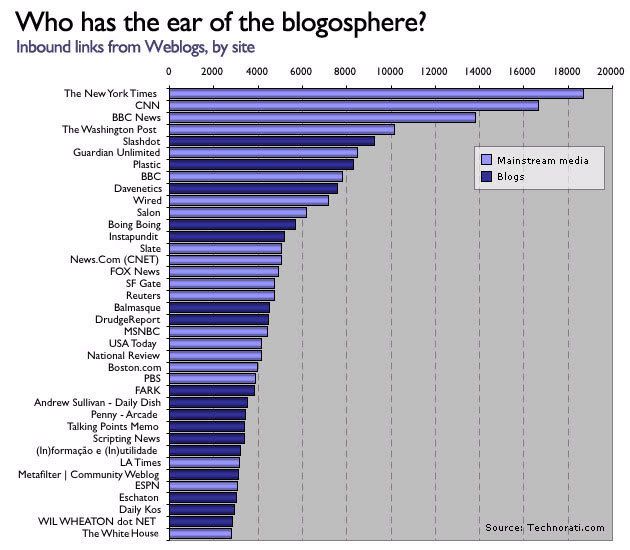The fowlable [sic] media

The NPR weekend news show On The Media broadcast an interview with Craig Silverman. Silverman has a pretty interesting blog up called Regret The Error, in which he details news media corrections.
For example, he links to the HIGHLY amusing Reuters online feedback page, The Good, The Bad, And The Ugly, which includes such gems as:
Globalstar Announces Pricing Of Its Initial Pubic Offering
This is a bad spelling mistake. Can you please take the steps needed to correct this immediately?
D.H.
Ouch. Yes: Editor
and valid questions about such headlines as: "Gunmen shoot dead Hamas judge at Gaza courthouse."
By far, though, the best part of the site is the The Year in Media Errors and Corrections 2006 . It includes some of the most profound understated apologies, like:
It has come to the editor's attention that the Herald-Leader neglected to cover the civil rights movement. We regret the omission.
While no one realy takes the Sun seriously:
Following our article on Princess Eugenie’s birthday celebrations, we have been asked to point out the party was closely monitored by adults throughout and while a small amount of mess was cleared away at the end of the evening, there was no damage to furniture, no revellers dived into bedrooms in search of drunken romps and to describe the house as being trashed was incorrect. We are happy to make this clear and regret any distress our report caused.
...we would expect better from, say, The Chicago Tribune:
An editorial in Friday’s paper incorrectly stated that Florida Cresswell, a candidate for state representative in the 28th District, was convicted in 1999 of battery and stealing Tupperware. In fact he was convicted of stealing a battery from a van as well as Tupperware that was inside the van.
...or The New York Times:
A film review on Wednesday about “Little Miss Sunshine” referred incorrectly to contestants in the fictional children’s beauty pageant of the title. The critic intended to compare the contestants to underage prostitutes, not to “underage fleshpots."
Then there's the 2006 Plagiarism Round-Up .
My mother was a writer for a major newspaper for years, and was in fact a trained journalist, with a degree from SMU in journalism. She instilled in me a distaste for yellow journalism, muckraking, and bad writing. Retired today, my mother cringes even now at horrible headlines and at poor fact-checking. I wrote a rant on my disgust on plagerism once, but decided that I was being too blatantly personal and self-biographical in it. (Short story: fellow in my group in a Graduate School class cribbed all of his contribution to a group paper from online sources, thereby jeopardizing the grades of 5 other group members.)
Of plagerism in journalism, I will say only this: when a person who makes a living of telling the truth and producing original insights copies the work of another without attribution, he is of no further worth in that field.
Now, check out where lots of people are getting their news: BLOGS. More and more, we're getting our backstories from the electronic medium.
So who are we reading? Click below to read it.

As mentioned by LawDog and his commentators, this is an age in which all you need to publish an opinion is a terminal, an ISP, and link to a blog service. For professional journalists to be recognized as such, I believe the bar has been raised. Jimmy-Bob Schuckatelli has his own comments and viewpoints on issue X. It's time for those who are paid to write such comments to do a better job.


0 Comments:
Post a Comment
<< Home